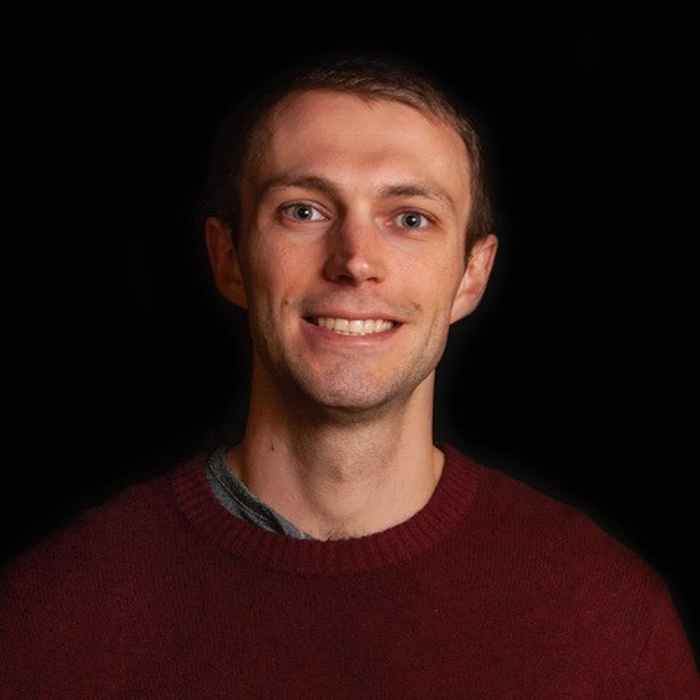A toolbox for inclusive bicycle infrastructure, with a vision for human-oriented mobility
Supporting a European grant proposal in a CUS Fellowship
CUS Fellowship experience | December 9, 2020
It would not be stretch to see a small group of children cycling home from school together, two colleagues riding along at a leisurely pace and chatting, a fast-pedaling rider determined to get somewhere, and a parent with three children squeezed together on one bike - all within less than a minute passing through a busy intersection. Each person uses the street in a different way and for different purposes, each with their own story, preferences, needs, and circumstances.
Traffic engineering, on the other hand, ignores this diversity in favor of a traffic system hyper-focused on moving vehicles. Travel time and speed become not just two of many factors considered when shaping public street space, but the factors that supersede everything else. They are used as justification to narrow a sidewalk or widen a driving lane, but also to bulldoze an entire neighborhood to build a highway. At a city level, this leads to streets being only places to pass through rather than to enjoy, to danger in the form of 1.3 million annual deaths globally from traffic crashes (WHO, 2020), and to the marginalization of people and ideas that don’t fit into the traffic-centered system.

Through a Centre for Urban Studies (CUS) grant writing fellowship, I’ve spent the last several months supporting principal investigator prof. dr. Marco te Brömmelstroet in building a research proposal to develop a set of human-centered methods that not only tolerate diversity on the street, but nurture it. We are working on this through the case of bicycle infrastructure, which we see as an especially fit domain to explore a broader vision of human-oriented mobility. While much of the dominant traffic engineering paradigm still remains hyper-focused on the efficient movement of commuter traffic, the Dutch case shows how much diversity is latent in people who will cycle. And as many cities globally are turning towards building bicycle infrastructure for livability and sustainability, we have an opportunity to make this infrastructure inclusive.
Through the European Research Council’s (ERC) Consolidator Grant program, we are proposing research to investigate the diversity of people cycling and to develop a toolkit of methods to make cycling infrastructure more inclusive. ERC Consolidator Grants award up to € 2 million over the course of 5 years to principal investigators with 7-12 years of experience since completion of PhD that are looking to build a research team (such as prof. Te Brömmelstroet). My role during this fellowship has been both to support content development for the proposal and to study and advise on the administrative process we need to follow to submit the application.
The fellowship has been a growing experience: I have learned about European research funding, worked on developing a research topic of interest to me, and participated in a project bigger than myself. While CUS fellowships are typically awarded for writing a proposal to obtain funding for a PhD or Post Doc position, which lead to an individual research proposal at the end, my work will continue afterwards as we further refine the proposal and submit the grant application. Down the line, if the proposal is funded there will be not just one PhD working on the project, but a whole team of researchers at the UvA.
Thank you to my supervisor Marco te Brömmelstroet for having me onboard for this proposal and to the CUS for making this possible!